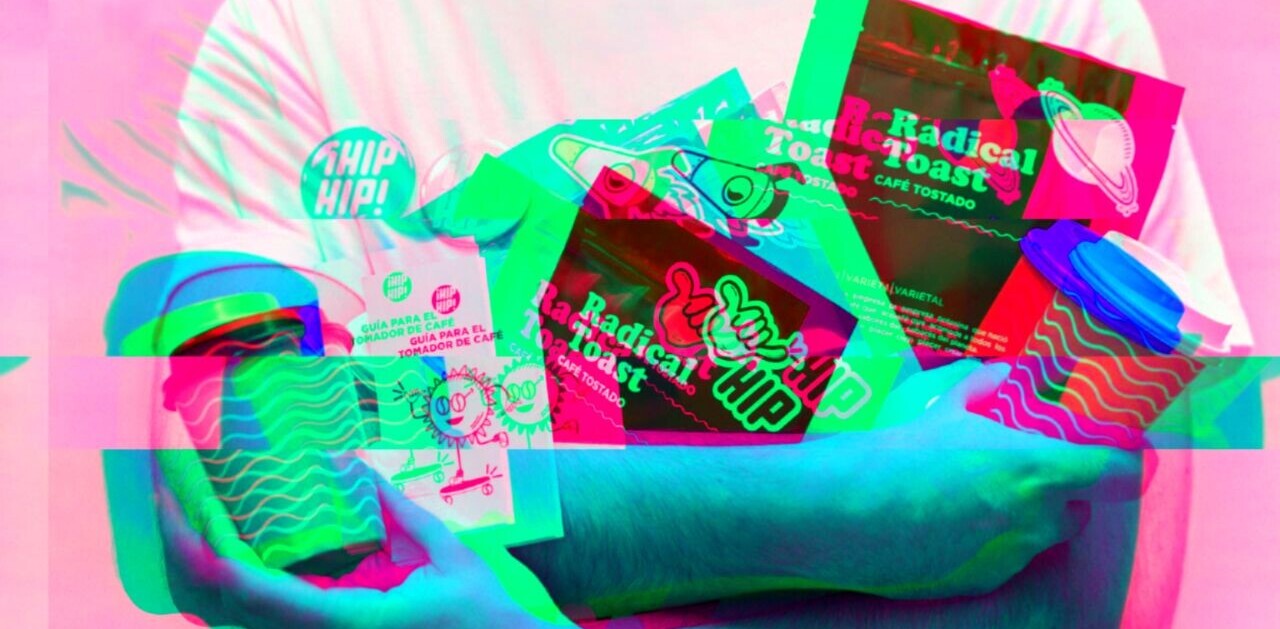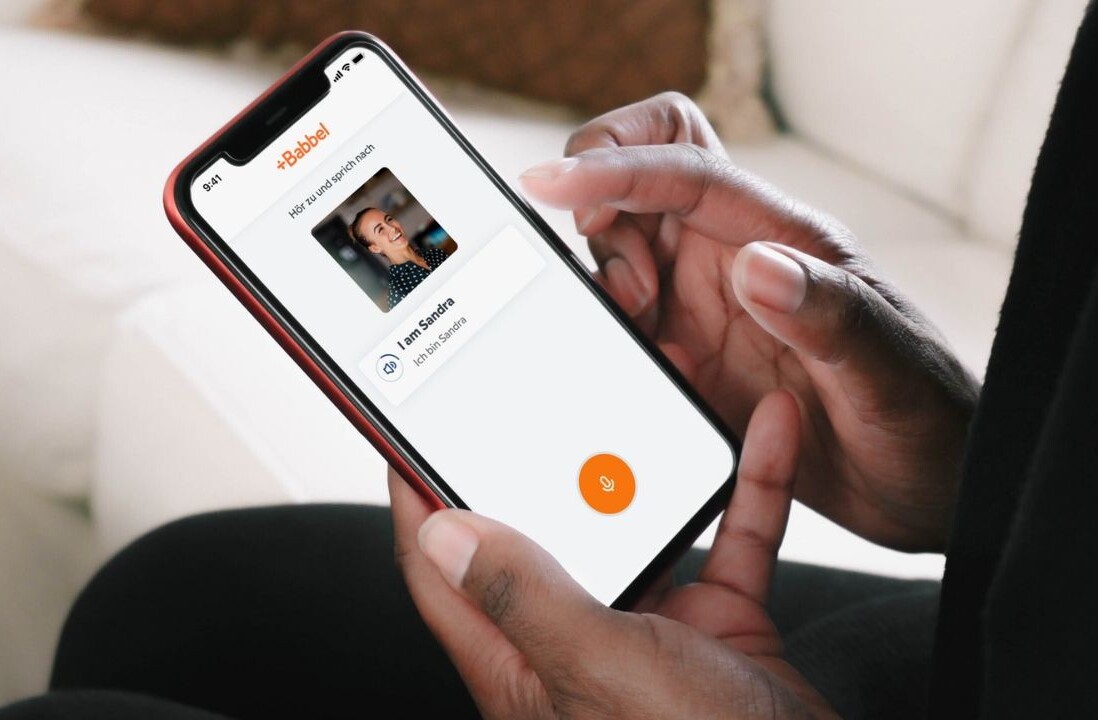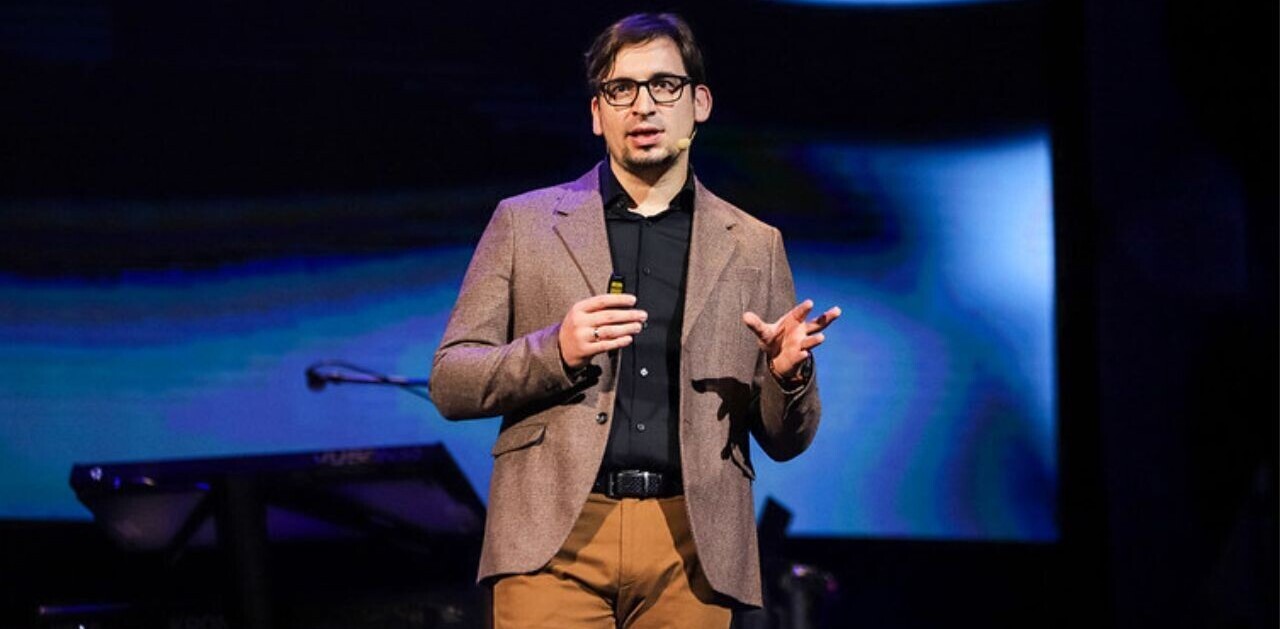
Game developers get a lot of flack for building time-sucking products that don’t add much value. They usually deserve it. To the folks at Draw Something: I’d like my Thursday afternoon back.
Hoping to change that, entrepreneurs at DEMO Spring in Silicon Valley launched games that make it fun and engaging to do good. By playing a game on Facebook, I received an education on my fatty foods intake and helped to conserve trees in Madagascar.
FriendsLearn, a social game, was developed to help young adults get smarter about their diet and health. At DEMO, the startup launched the alpha test for a food-fight game, Fooya. “We wanted to educate teens about health and nutrition through game dynamics,” said Bhargav Sri Prakash, chief executive and founder of the company.
Prakash a new buzzword to describe the intersection between gaming and education: “learnification”. The idea is that hurling food in 3-D is fast-paced, fun and can make us more cognizant about our health.
The game has not developed a huge audience yet; but Prakash said he was inspired to build the game with one specific user in mind: his mother in India.
After watching the documentary, Super Size Me, Prakash’ family feared that he would not be able to resist the allure of the Big Mac. This is reflected in the gameplay; before hurling a burger at another player, users are exposed to its calorie count. As Prakash describes it:
Fooya is a fun and engaging way to learn about healthy eating habits, one burger at a time.
Prakash, a serial entrepreneur, said the game is self-funded except for a grant from the Kauffman Foundation’s Education Venture Initiative.

Educational gaming companies have not been a runaway success. Fellow gaming entrepreneur, Nicole Lazzarro also poured her own funds into the creation of TiltWorld, an eco-game initially developed for iOS.
XEOPlay CEO, Lazzarro, said virtual gameIt s have the power to make a difference in the world. The protagonist, Flip, is on a mission to fight climate change on the game and in real life.
Help Flip along in his journey to accumulate points. When enough points have been collected by the community of users, XEOPlay’s partner, WeForest.org, will plant 1 million trees in Madagascar.
This is not a competitive game. Users learn to work together to reach their goal. With the attention generated by the launch at DEMO, it was inspiring to see the progress bar moving in real-time. It’s crowdsourcing meets gamification; Lazzarro calls it “playsourcing”.

In the packed pavilion filled with products, this new brand of socially-conscious games were a breath of fresh air. It was hard not to notice that demonstrators were congregating around them. My major concern is that it takes a unique kind of passion to self-fund a start-up.
Without interest from the venture capital community, educational gaming won’t reach a mainstream audience. At DEMO, investors were not wholly convinced that users would respond to the social good hook. Would you?
With 3,000 new users signing-up overnight, Lazzarro has reason for optimism. “Ultimately, we are offering empowerment through gaming,” she said. “People will respond to that.”
Get the TNW newsletter
Get the most important tech news in your inbox each week.




